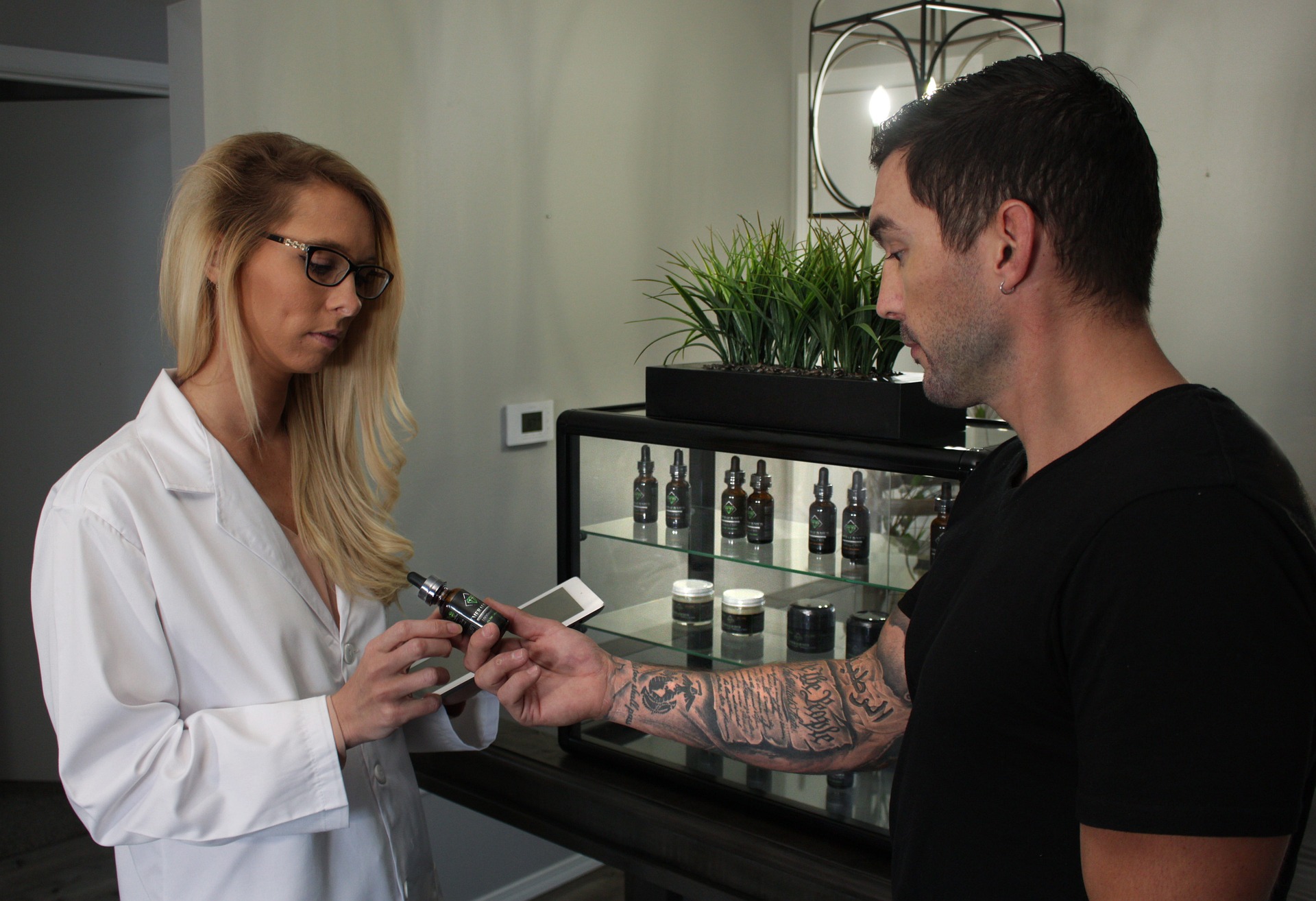Homeopathy : what is it ?

Homeopathy is a complementary medicine that uses plant, animal or mineral substances to treat oneself. These substances, called "active substances", are transformed into homeopathic medicines. Homeopathy is a form of alternative medicine that is based on the principle of "similarity of symptoms". In other words, homeopathy considers that the symptoms of a disease can be treated by giving the patient a substance that causes similar symptoms in a healthy person. This substance is diluted so that virtually no trace of it remains, which is supposed to enhance its therapeutic effect. Although homeopathy is widely used throughout the world, scientific evidence for its effectiveness is limited and it is often considered a pseudoscience.
The main principles of homeopathy

Homeopathy is based on 5 main principles
- the law of similars which is based on the theory that like cures like. For example, bee venom (APIS MELIFICA) can cure an insect sting;
- the individualization of symptoms which corresponds to the characteristics of the environment surrounding the patient. The more information the patient communicates about his or her lifestyle, the more the treatment can be adapted and effective;
- the globality of the person, which is observed in its entirety. Homeopathy has the particularity of treating the disease, but also the body as a whole;
- infinitesimality and dynamization with medicines that are diluted and shaken vigorously several times. The more diluted the medicine is, the more effective it is and the less toxic it is;
- constitutions, which highlight the particular morphology of the patient in order to classify him or her into several types (the diathesis, the carbonic constitution, the phosphoric constitution and the fluoric constitution). The interest of constitutions is to prevent certain diseases that affect one type of constitution compared to another, but also to provide personalized health advice.
A complementary medicine

Homeopathy can be considered a form of complementary medicine, that is, a therapeutic approach that is used in combination with conventional medical treatments. In other words, homeopathy can be used to alleviate the symptoms of a disease or condition in addition to standard medical treatment. This can be useful in improving the quality of life of patients and enhancing the beneficial effects of conventional treatments. However, it is important to note that homeopathy should not be used as a substitute for agreed upon medical treatment. It is recommended that a physician be consulted before starting a homeopathic treatment.
A preventive and curative medicine
Homeopathy can be considered a preventive and curative medicine, meaning that it can be used to prevent diseases or health disorders, as well as to treat existing diseases or disorders. As a preventive medicine, homeopathy can be used to strengthen the immune system and help prevent infections or chronic diseases. As a curative medicine, homeopathy can be used to treat the symptoms of a disease or disorder using homeopathic remedies tailored to each individual case. However, it is important to note that homeopathy cannot be considered a one-size-fits-all solution for all health problems, and it is recommended that a physician be consulted for proper diagnosis and treatment.
Homeopathy can be used to prevent or treat a wide range of conditions. Homeopathy is beneficial in many pathologies :
- acute and short-term pathologies that are characterized by the prescription of homeopathic medicines over a short period of time from a few hours to a few days. The purpose of homeopathic medicines is to relieve, reduce or eliminate the pathology. The most common pathologies are : colds, flu, digestive disorders (bloating, diarrhea, constipation, flatulence, difficult digestion), insomnia, mouth ulcers, and pain;
- chronic and long-term pathologies that are characterized by the prescription of homeopathic medicines over a longer period of several weeks to several months. The purpose of homeopathic medicines is to reduce the intensity and frequency of the patient's attacks. The most common pathologies are : osteoarthritis, psoriasis, anxiety, allergies (rhinitis, sinusitis, asthma, otitis), depression, ...
Easy to take medicines

Homeopathic medicines come in different forms :
- granules and globules that wrap the active substances in sugar and/or lactose balls that are easy to store and use. The granules are to be preferred for repeated and daily use, whereas the globules are to be reserved for a single use;
- drops, which contain the active ingredients in water and alcohol and which are practical to use for mixtures. Be careful to keep them in the refrigerator for a maximum of 7 days after opening;
- other forms : mother tinctures (concentrated forms), creams and ointments (application on the skin), suppositories and ovules (local action), powder and tablets (for active substances that are difficult to mix).
What is the danger of homeopathy ?
Although homeopathy is considered to be a safe and gentle form of medicine, it can present certain risks. First, it is important to note that homeopathy should not be used as a substitute for agreed-upon medical treatment for serious illnesses or chronic health conditions. By using homeopathy in these cases, it is possible to postpone or worsen a health problem, which can lead to serious health consequences. In addition, some homeopathic remedies may not be suitable for a particular person, which may cause adverse reactions. It is therefore important to consult a doctor before starting a homeopathic treatment and to follow the instructions for using homeopathic remedies.

For example, taking homeopathy instead of a conventional cancer treatment can be very dangerous to your health. Conventional cancer treatments have been proven to be effective in treating cancer, and are often the only option for curing the disease or prolonging the life of patients with advanced cancer. By opting out of conventional cancer treatment in favor of homeopathy, a patient may lose the opportunity to benefit from these treatments and maximize their chances of recovery. In addition, the use of homeopathy as the sole treatment for cancer can worsen the disease and accelerate the decline in the patient's health. It is therefore very important to consult a doctor and follow the recommended treatments to effectively treat cancer.


















